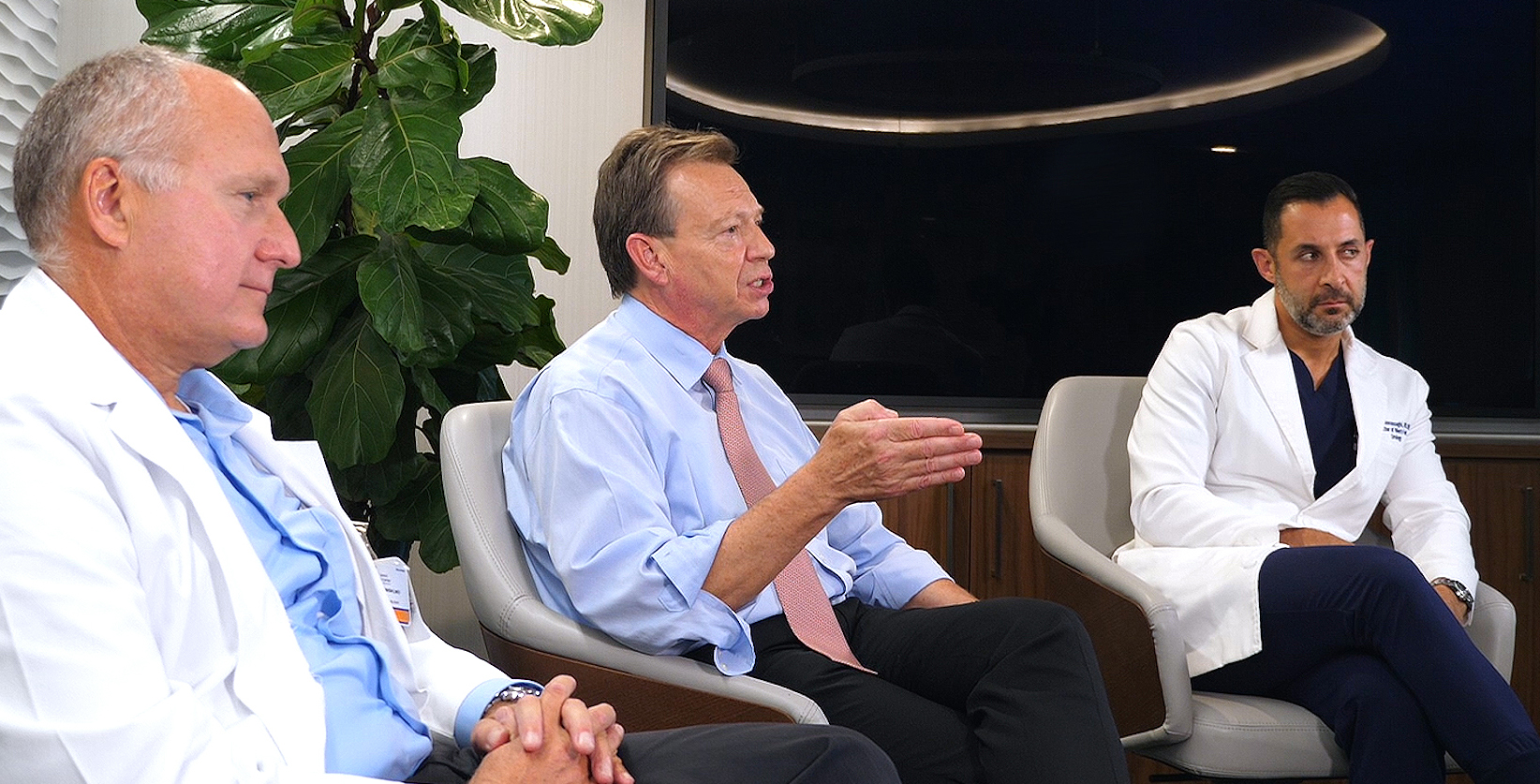
According to the American Cancer Society, nearly 250,000 men will be diagnosed with prostate cancer this year.
Most prostate cancers begin in the back of the prostate, a small gland the size of a walnut, near the rectum. Prostate cancer is also remarkably curable and treatable when caught early. Which is why early screening is imperative. If you are a man over the age of 40, a screening may save your life.
JOIN THE DISCUSSION
At Saint John’s Cancer Research Institute, we provide our clinicians access to research programs, therapeutics, and data in order to improve patient care and quality of life. So when our clinicians host live round-table discussions regarding life-saving treatments, and over-all health, you are getting the most up-to-date information from the experts themselves.
Join our multidisciplinary team of urologists & oncologists, Tuesday, September 28th, 2021 from 6:00 p.m. to 7:00 p.m. for a live, round-table, free webinar on…
What Everyone Should Know About Prostate Cancer
After you register, a confirmation email including the Zoom meeting link will be sent to you.
Warning Signs:
Unfortunately, there usually are no warning signs for prostate cancer. The growing tumor does not cause pain, so for many years patients may be unaware of the cancer.
Screening for Prostate Cancer:
Digital Rectal Exam
A digital rectal exam is a common and useful screening tool where your doctor will examine the prostate by inserting a gloved finger into the rectum.
PSA Test
A PSA test will also be used during screening. The PSA test can help catch the disease early when treatments may be more effective. This test measures the levels of prostate specific antigen which is a protein produced by the prostate and mainly found in semen. When there is a problem with the prostate, more PSA is released. As the PSA number goes up, the chance that cancer is present increases.

